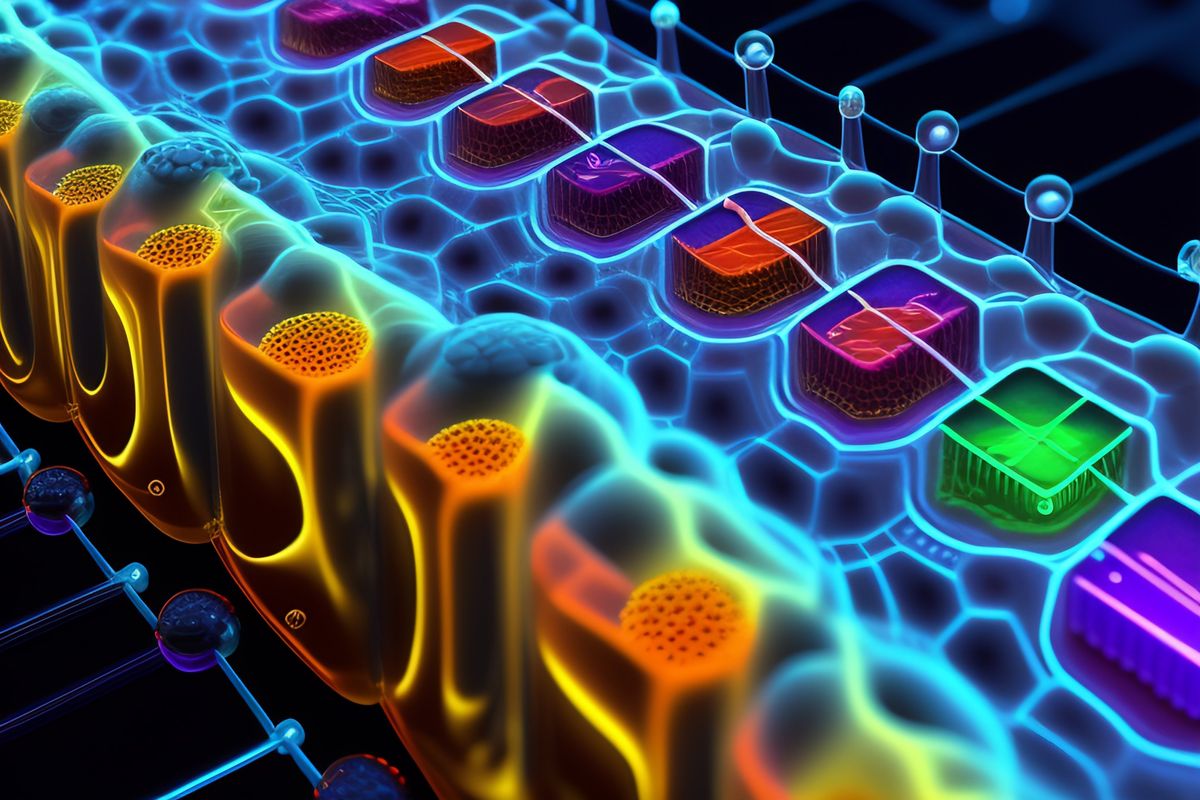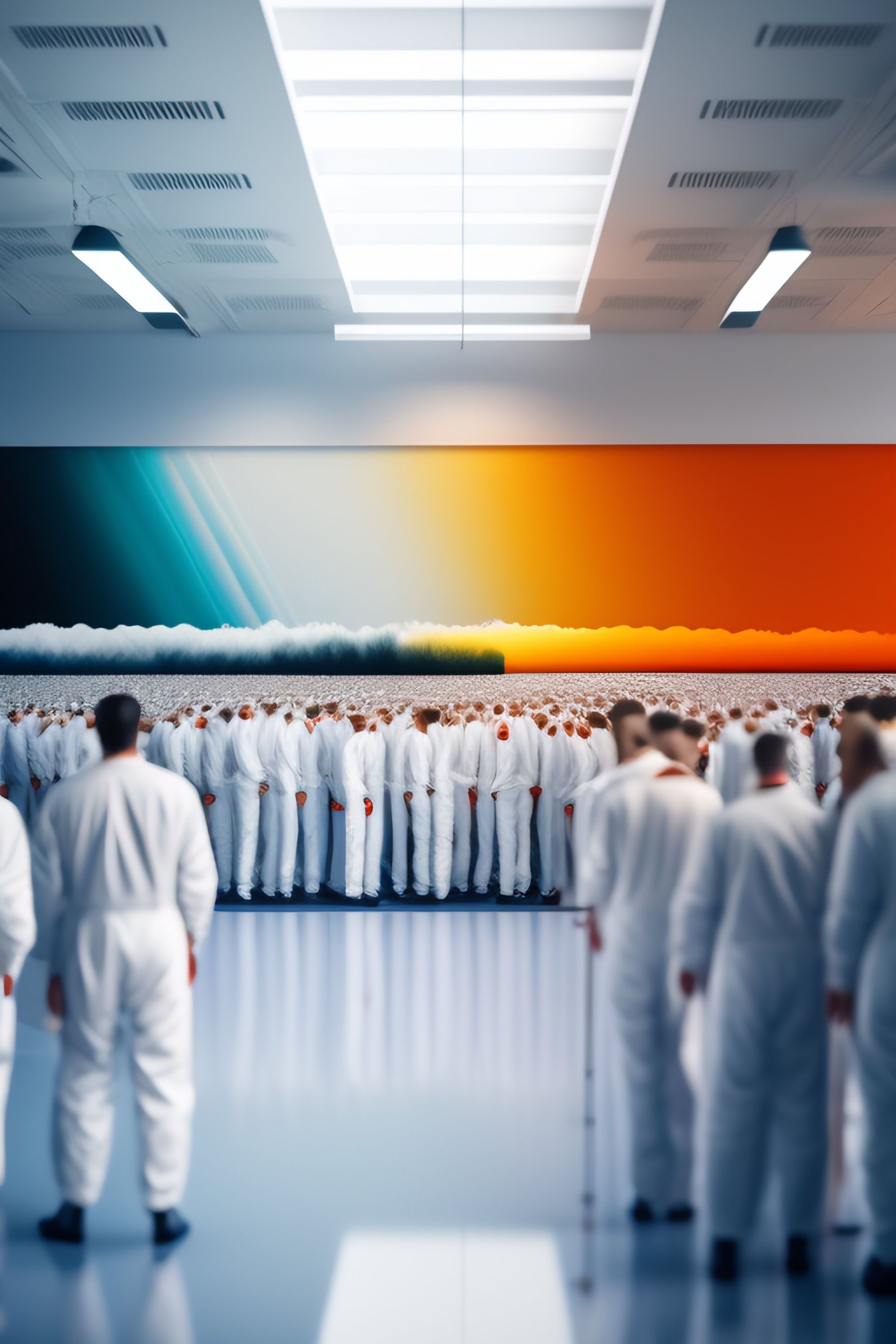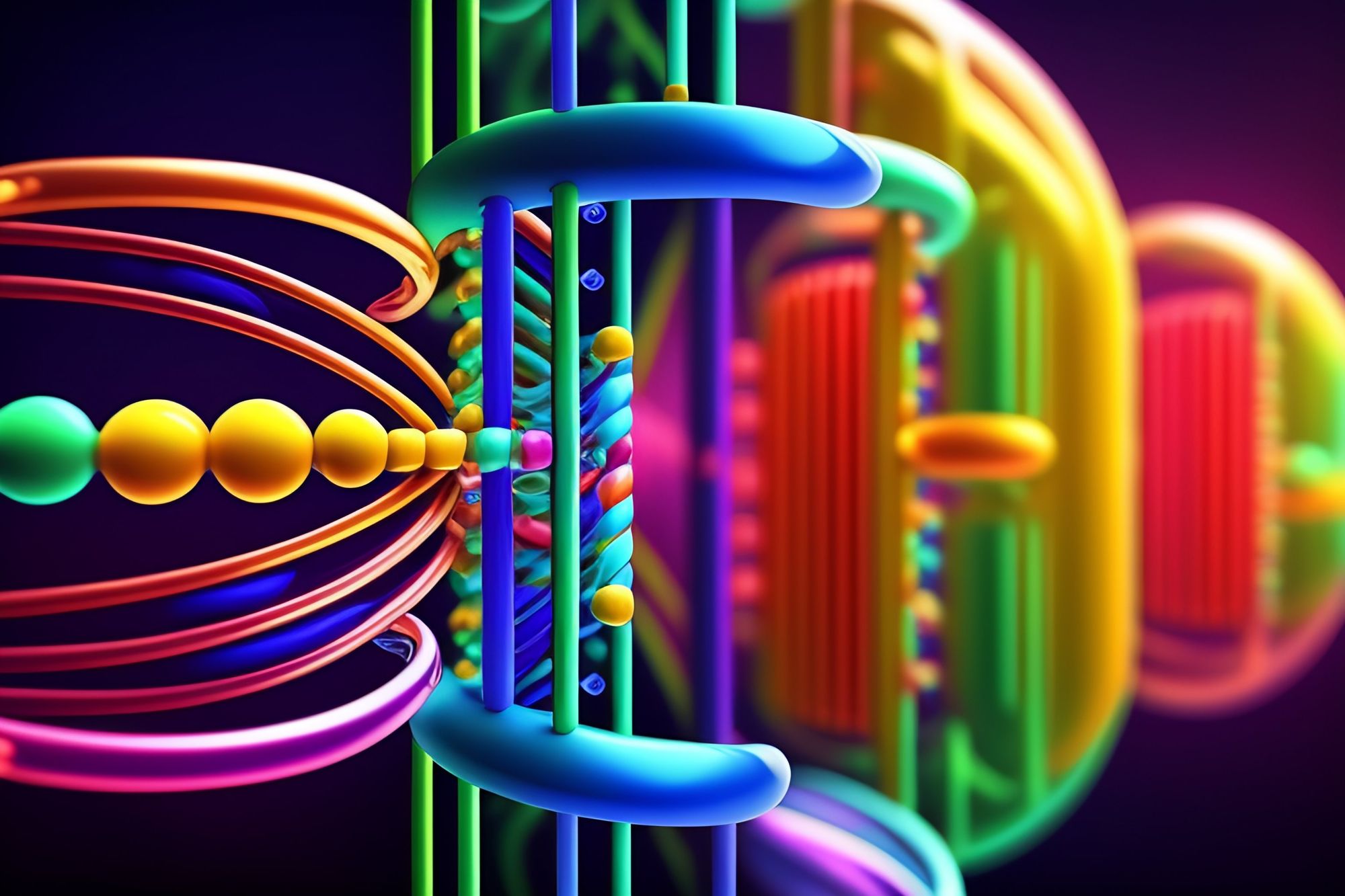Viral Geneticists
The clash between science and faith was inevitable.

In the tranquil outskirts of a small, idyllic town, nestled amidst rolling hills and endless fields, there existed a group known as the "Chosen Ones." They were a religious cult that firmly believed that the second coming of their messiah was within reach, and they were prepared to use unconventional means to hasten the arrival of their chosen one.
At the heart of the cult was a charismatic leader named Father Elijah, a man with a gift for persuasive rhetoric and an unwavering belief in the divine. Father Elijah was convinced that the messiah's return could be engineered through the miracle of bioengineering, and he had amassed a group of devoted followers who shared his vision.
Amidst this fervour stood Dr. Rebecca Lawson, a brilliant scientist with a fervent dedication to the principles of rationality and empirical evidence. Dr. Lawson had been researching advanced genetic engineering, but she was alarmed when she learned of the cult's plans to manipulate DNA and create a being they believed to be the harbinger of their messiah's return.

The clash between science and faith was inevitable.
Dr. Lawson, with her keen intellect and unwavering commitment to ethical principles, believed that the cult's experiments posed a grave danger to both individuals and society at large. She embarked on a mission to prevent the Chosen Ones from carrying out their bioengineering experiments, driven by the conviction that tampering with human genetics in the name of faith was a perilous path to tread.
As tensions escalated, Dr. Lawson found herself at odds with Father Elijah and his devoted followers. She engaged in a battle of words and ideas, seeking to persuade them that the consequences of their actions could have dire repercussions. But the cult's faith was unyielding, and they saw Dr. Lawson as a heretic standing in the way of their divine mission.
In a story filled with heart-wrenching dilemmas and profound moments of introspection, Dr. Lawson faced the difficult task of finding common ground between faith and science. She began to question her own beliefs and the limits of human understanding.

As the cult's experiments reached a critical juncture, Dr. Lawson made a dramatic decision. She chose to collaborate with the Chosen Ones, not in their bioengineering efforts, but in a different mission—a mission of compassion and understanding.
Together, they worked to alleviate suffering in their community, to offer solace to the downtrodden, and to find a shared purpose in the pursuit of kindness and empathy. Dr. Lawson's efforts to bridge the gap between science and faith, rather than preventing the cult's experiments, ultimately brought about a profound transformation in the lives of the Chosen Ones.
In a surprising twist of fate, Dr. Lawson's compassionate approach touched the hearts of the cult members, leading to a reevaluation of their beliefs and the realization that the messiah they had been seeking might not be a bioengineered creation, but the goodness that could be found within each human soul.

"Molecular Messiahs" became a tale of reconciliation, highlighting the power of compassion, understanding, and the shared human experience to transcend the boundaries of faith and science. Dr. Lawson, once seen as an adversary, became a messenger of unity, offering hope for a future where science and faith could coexist harmoniously, bringing about a different kind of miracle—a miracle of human connection.




